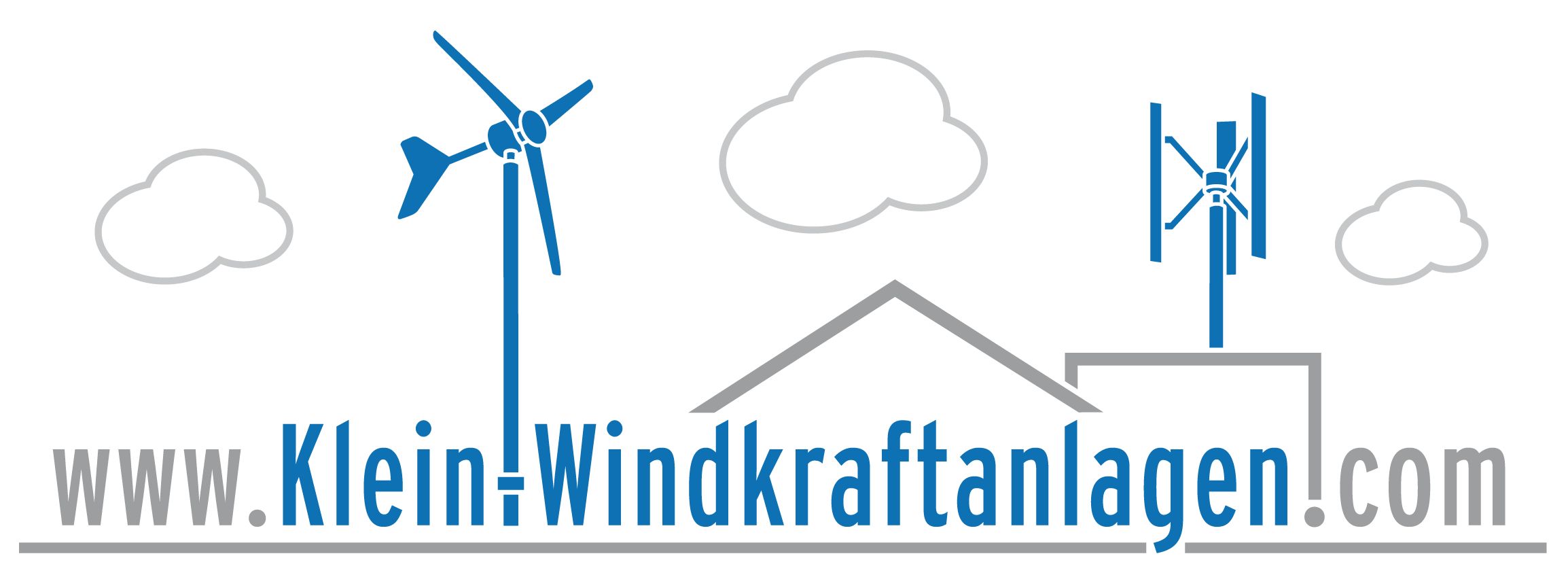Welcome to the German
Small Wind Turbine Portal!
This portal offers comprehensive information on small wind turbines in German language. The majority of the readers lives in Germany, Austria and Switzerland.
With regard to the German law, a small wind turbine has a maximum height of 50 m. This comprises wind power plants up to 250 kW.
Independent consumer platform
A major aim of this portal is to provide useful information for households, businesses, farmers and communities. The planning and installation of a small wind turbine as well as the selection of the right turbine is a complex task. Not every site is suitable for the installation of a turbine. We want to enable people to make a good decision.
News platform for the small wind turbine sector
This portal is also frequently used by small wind turbine experts. Beside our own news coverage we spread important small wind turbine news via Twitter, Google+ and Facebook. This comprises national and international issues. Currently there are more than 5000 newsletter subscribers.
Framework and regulations for small wind turbines in Germany
At the time being, the market for small wind turbines in Germany lags behind compared to other European countries. Due to a low feed-in tariff, the operation of a small turbine is only viable if the generated electricity is primarily for self-consumption. The framework conditions in Austria and Switzerland are similar.
The feed-in tariff in Germany amounts to 7.5 Euro-Cent per kWh (kilowatt hour) and is granted for 20 years as long as the turbine capacity is below 50 kW. There will be a quarterly adjustment of the tariff based on the overall installations of wind turbines. Thus, a further decrease of the tariff has to be expected. Once a turbine is installed, the tariff is fixed during the next 20 years. The tariff decrease is for new installations only.
Due to the low feed-in tariff and high electricity prices in Germany, self consumption is the key for economical reasonable projects. The electricity price for a private home averages out to 28 cent per kWh (VAT included). If the house owner uses the electricity for himself, he saves 28 cent per kWh because he does not purchase the electricity from the utility. This is much more economical than feeding into the public grid for 8.5 Cent per kWh.
In August 2014 the German Renewable Energy Law was modified. One major change was the implementation of fee on self consumed electricity. This might sound like a joke, but it is the sad truth. If you own a small wind turbine or PV plant, you might pay a levy for every kilowatt hour you produce and consume yourself. The reason for the fee as stated by the government is that everybody has to participate in financing the expansion of the public grid. Fortunately there are several exemptions for being obliged to the self-consumption fee. The most important exemption is a minimum limit of a power plant. Only power plants with a capacity above 10 kW and a yearly electricity production above 10,000 kWh have to pay the levy. The fee is low and amounts to about 2 cents per kWh.
A vital obstacle might be high requirements with regard to building permits. The permit is issued by the local building authority. There are widespread differences among single local authorities: Some are open-minded and cooperative. But there are also lots of cases, where the person in charge tries to hinder the small wind project. The main reason for this seems to be lack of knowledge concerning small wind turbine technology.
Wind conditions especially in the inner land have to be checked carefully. There are large woodlands in Germany. In the middle and southern parts of the country mountainious regions are common.
The interest of the German public in small wind turbines is large. Many German people are fond of green technology, already own a solar system and want to complement it with a small wind turbine.
 About the founder of this website
About the founder of this website
My name is Patrick Juettemann. I’m working in the field of renewable energy since 20 years. I am a neutral expert for small wind turbines, I am not engaged in the sale or trade of wind turbines. In my work as a journalist I have a focus on a scientific correct and fact-based coverage as well as consumer protection.

